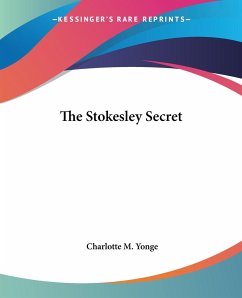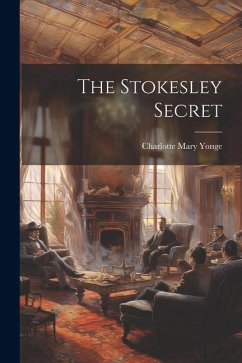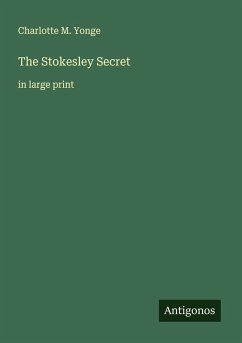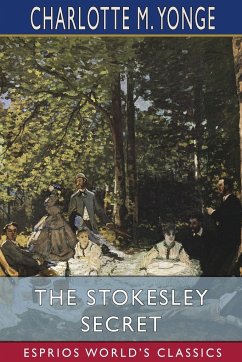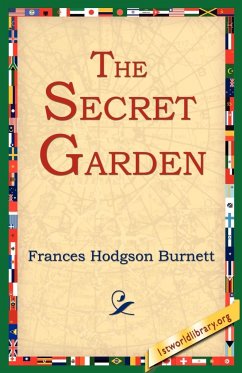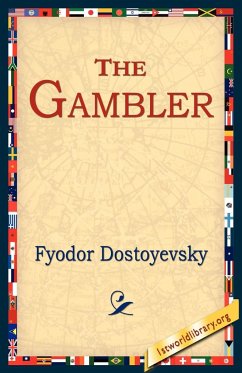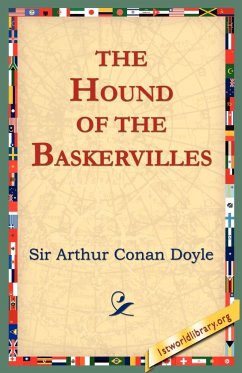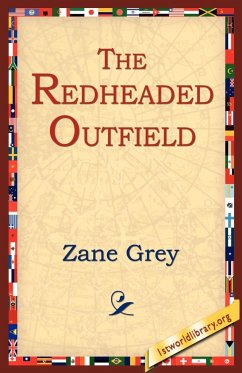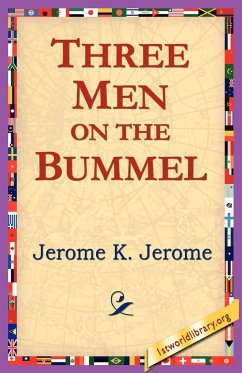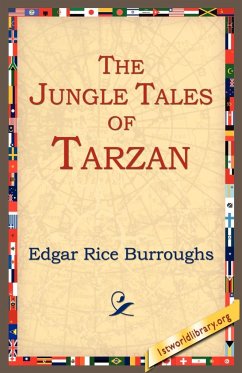
The Stokesley Secret
Versandkostenfrei!
Versandfertig in 1-2 Wochen
17,99 €
inkl. MwSt.

PAYBACK Punkte
9 °P sammeln!
Purchase one of 1st World Library's Classic Books and help support our free internet library of downloadable eBooks. Visit us online at www.1stWorldLibrary.ORG - - "How can a pig pay the rent?" The question seemed to have been long under consideration, to judge by the manner in which it came out of the pouting lips of that sturdy young five-year-old gentleman, David Merrifield, as he sat on a volume of the great Latin Dictionary to raise him to a level with the tea-table. Long, however, as it had been considered, it was unheeded on account of one more interesting to the general public assemble...
Purchase one of 1st World Library's Classic Books and help support our free internet library of downloadable eBooks. Visit us online at www.1stWorldLibrary.ORG - - "How can a pig pay the rent?" The question seemed to have been long under consideration, to judge by the manner in which it came out of the pouting lips of that sturdy young five-year-old gentleman, David Merrifield, as he sat on a volume of the great Latin Dictionary to raise him to a level with the tea-table. Long, however, as it had been considered, it was unheeded on account of one more interesting to the general public assembled round the table.



